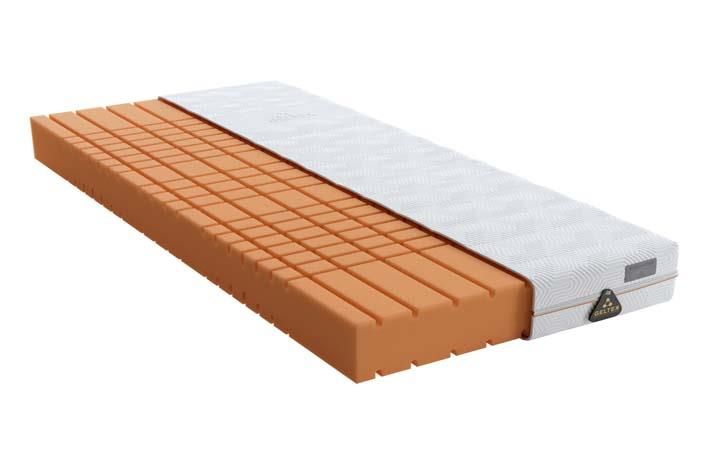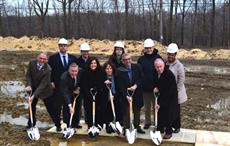Recticel and Covestro have joined hands to make mattresses more sustainable, in a step towards a circular economy. They are working on raw material technologies – from mattress production to end-of-life and beyond. The focus is to turn polyurethane foam into a truly sustainable material and use carbon dioxide as building block for chemical synthesis.
“Polyurethane mattresses are widely used for a long time and valued for their comfort,” says Boudewijn Dezutter, commercial director at Recticel. “Now it is time to further increase the sustainable value of the material at each stage of the lifecycle.”Recticel and Covestro have joined hands to make mattresses more sustainable, in a step towards a circular economy. They are working on raw material technologies - from mattress production to end-of-life and beyond. The focus is to turn polyurethane foam into a truly sustainable material and use carbon dioxide as building block for chemical synthesis.#
“The project is part of a long-term programme with which Covestro is strongly oriented towards a circular economy,” states Dr. Berit Stange, circular economy manager in the Polyurethanes segment at Covestro. “In particular, we focus on using raw materials from sustainable sources, such as waste, plants and carbon dioxide.”
The greatest potential for closing cycles in the plastics industry lies in the recycling of post-consumer waste. This in particular applies to the recycling of thermoset materials like polyurethanes. Mass products such as mattresses are a main focus here. Covestro wants to contribute to this by developing chemical recycling technologies.
The company is part of the Europe-wide research project “PUReSmart”, which comprises nine companies and academic institutions from six countries and is coordinated by Recticel. The goal is to develop a complete circular product life cycle and turn polyurethane foam into a truly sustainable material: recover the used material (eg mattresses) and turn them into building blocks for existing or new products.
Covestro aims to support the flexible foam industry with a solution to achieve a complete circular economy with polyurethane foams and especially post consumer mattresses. The company is already investigating the feasibility of a short-term scale-up from laboratory scale to semi-industrial level, with the aim of making chemical recycling an efficient industrial process. This solution should then also support the current PUReSmart project.
Besides the latest project to recycle post-consumer waste, Covestro has been putting emphasis on working with alternative feedstock. The use of carbon dioxide as building block for chemical synthesis has been the focus – resulting in a breakthrough development: a carbon dioxide polyol. A team of researchers from Covestro and RWTH Aachen University made it to the final round of the prestigious German President´s Award for Innovation in Science and Technology.
Recticel was the first company to support the development of Covestro’s carbon dioxide polyol, cardyon, and to implement it for the production of its flexible foams. The reuse of carbon dioxide contributes to closing the carbon cycle for mattresses. In January 2018, Recticel introduced the new second generation of its Geltex foam based on the CO2 polyol.
Fibre2Fashion News Desk (SV)


